Atrocities in Butalin Township, Sagaing Region, were highlighted at the UN Assembly, where Myanmar’s Permanent Representative Kyaw Moe Tun presented graphic evidence of violent acts committed by the Myanmar military against civilians. Photographs displayed during his presentation documented the mutilation and display of civilians’ bodies on fences around local residences.
The presentation took place on October 29, during the 79th United Nations General Assembly Third Committee meeting, which addressed the human rights situation in Myanmar. Kyaw Moe Tun stated that the brutalities committed in Butalin earlier this month reflect the military’s ongoing severe abuses, noting that some individuals had been partially dismembered, with remains hung on fences in civilian areas. This disturbing incident, he asserted, is far from isolated, as reports indicate similar cases where people have been burned alive.
The envoy emphasized that the junta has systematically targeted civilians through airstrikes, village burnings, mass executions, arbitrary detentions, torture, and sexual violence. He added that these actions are part of broader, unchecked patterns of brutality, driving severe suffering among the Myanmar population. The international community, he argued, must hold accountable those providing weapons, ammunition, and dual-use technologies to the junta, calling into question the rationale of countries that continue to support such entities.
He also urged the international community not to overlook Myanmar’s underlying crisis, rooted in a longstanding military dictatorship and impunity for past crimes. Addressing Myanmar’s political and humanitarian crises, he emphasized that without dismantling the junta’s control and halting unlawful power seizures, there would be no resolution. He rejected any upcoming elections arranged by the junta as fraudulent, asserting they would only escalate conflict and deepen the public’s suffering.
The military council’s alleged involvement in crimes against humanity, including forced conscription of Rohingya men and youths, was also raised. Noting the UN’s commitment to justice, Kyaw Moe Tun supported the recent Independent Investigative Mechanism for Myanmar (IIMM) findings, which characterize the junta’s actions as war crimes and crimes against humanity.
Additionally, he reiterated the UN High Commissioner for Human Rights’ call to refer Myanmar’s situation to the International Criminal Court (ICC), underscoring the need for the UN Security Council to act on this recommendation. He further encouraged member states to explore all available legal avenues, invoking Rome Statute Article 14, to ensure accountability and justice for Myanmar’s people.
Kyaw Moe Tun concluded by urging the General Assembly to support any possible actions to confront the military council’s unrelenting violence and to take decisive, timely action in holding it accountable.
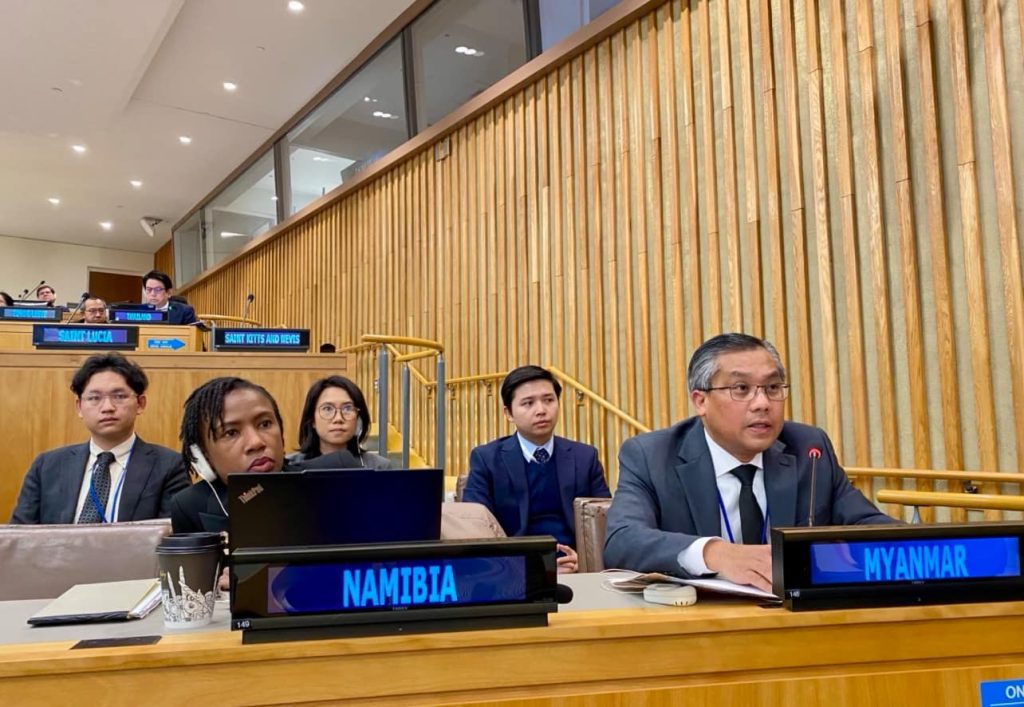

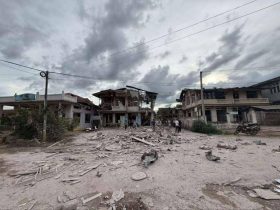
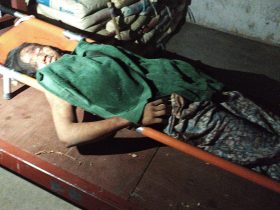

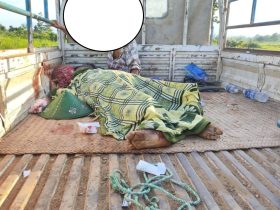
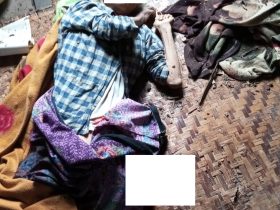
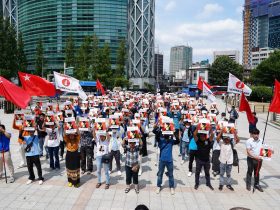
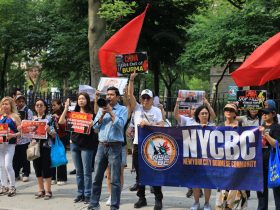
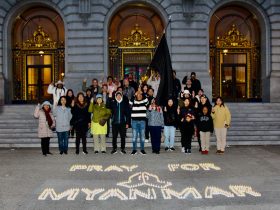
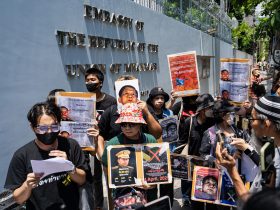
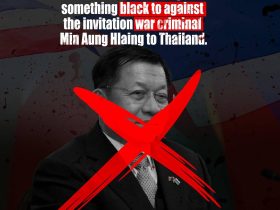

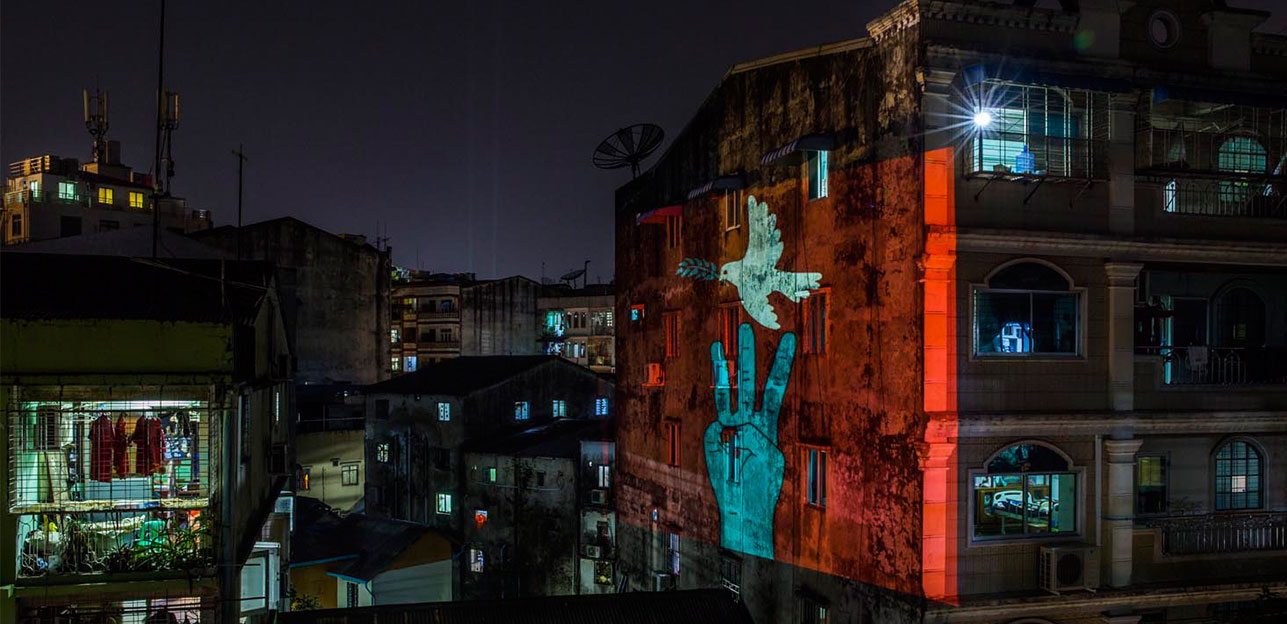
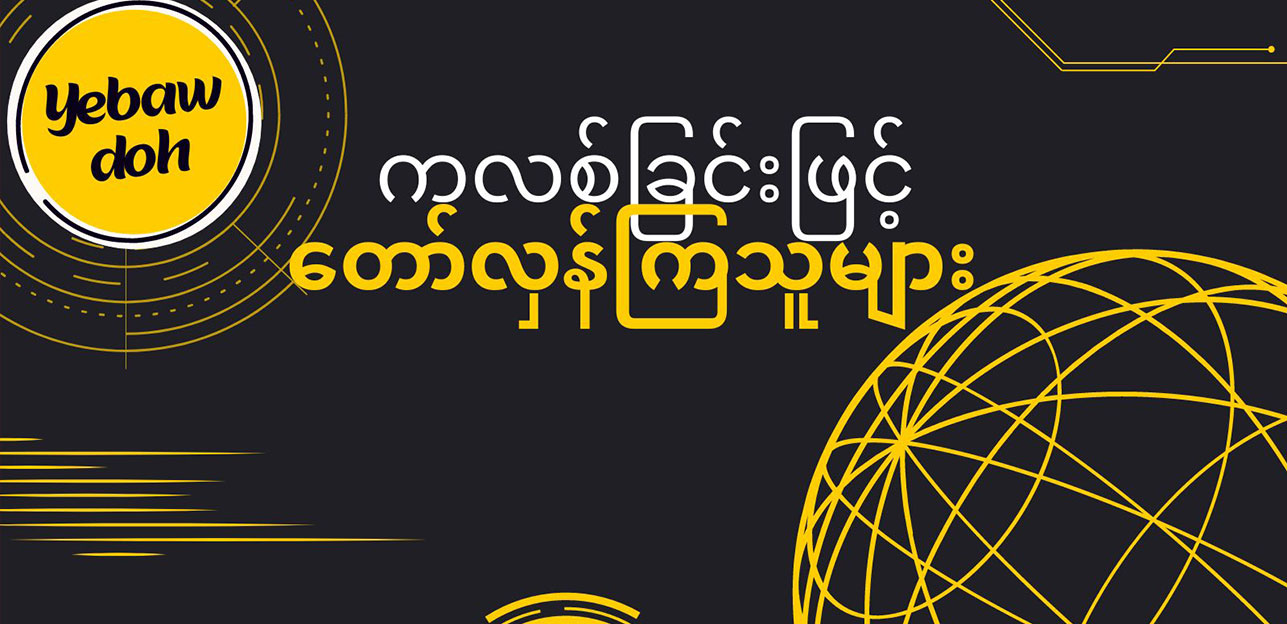
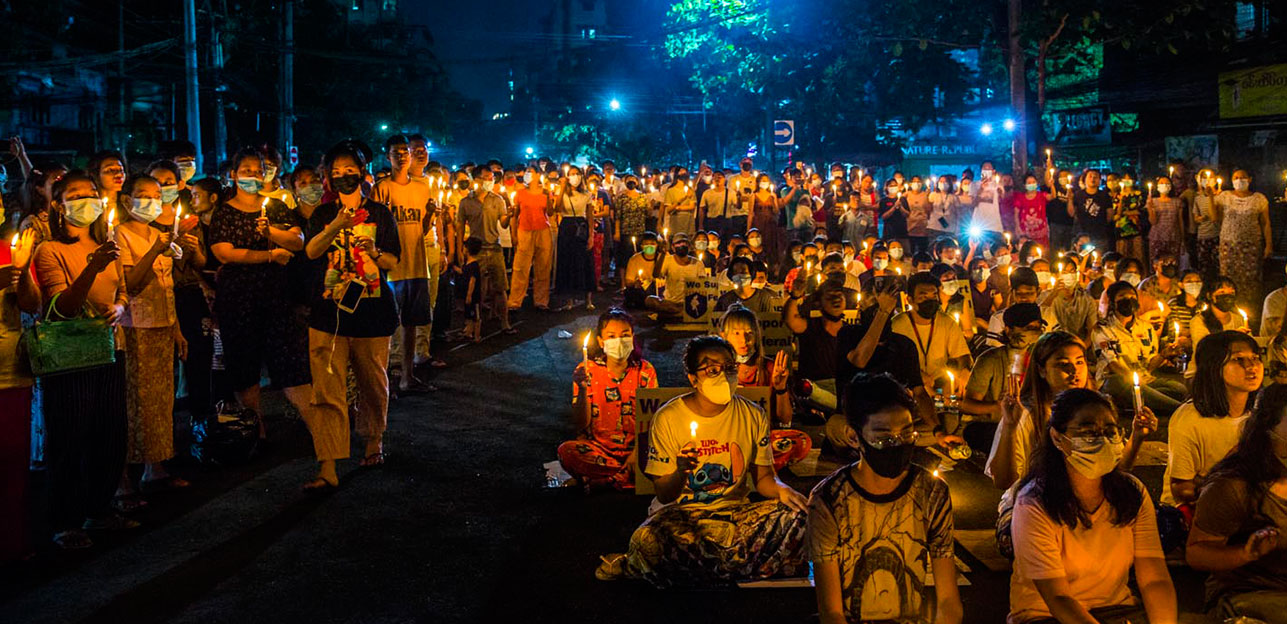

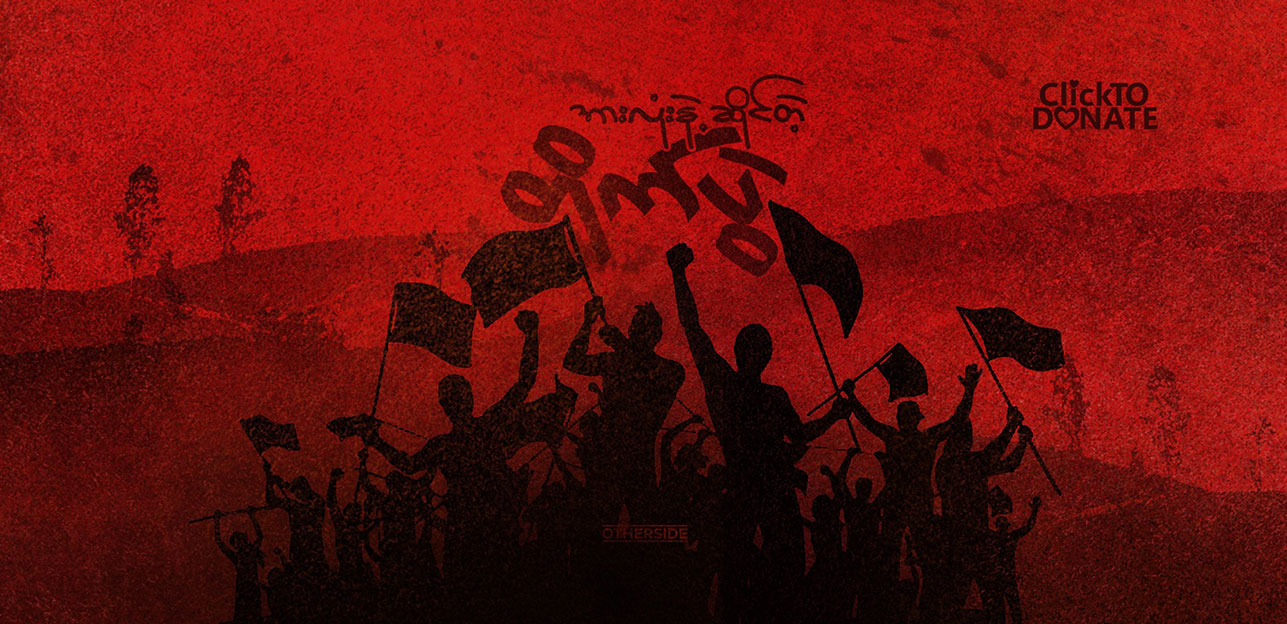

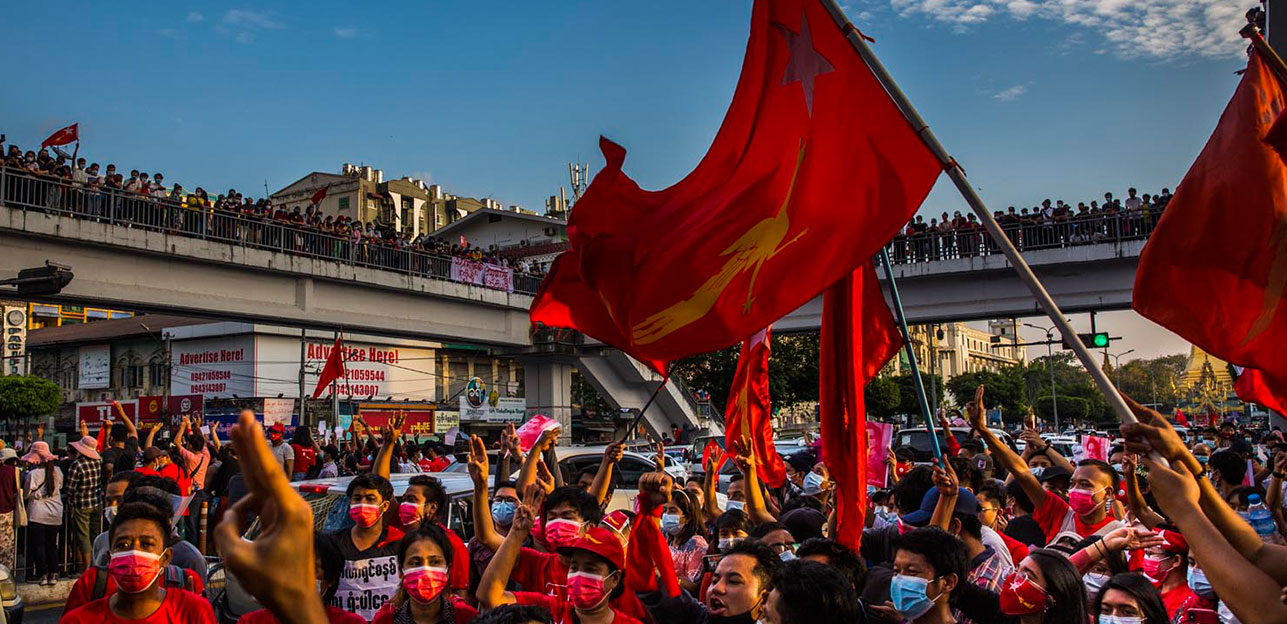

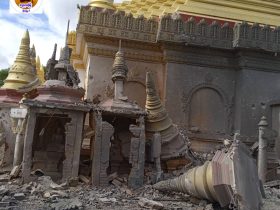
Got Questions?
Find us on Socials or Contact us, and we’ll get back to you as soon as possible.